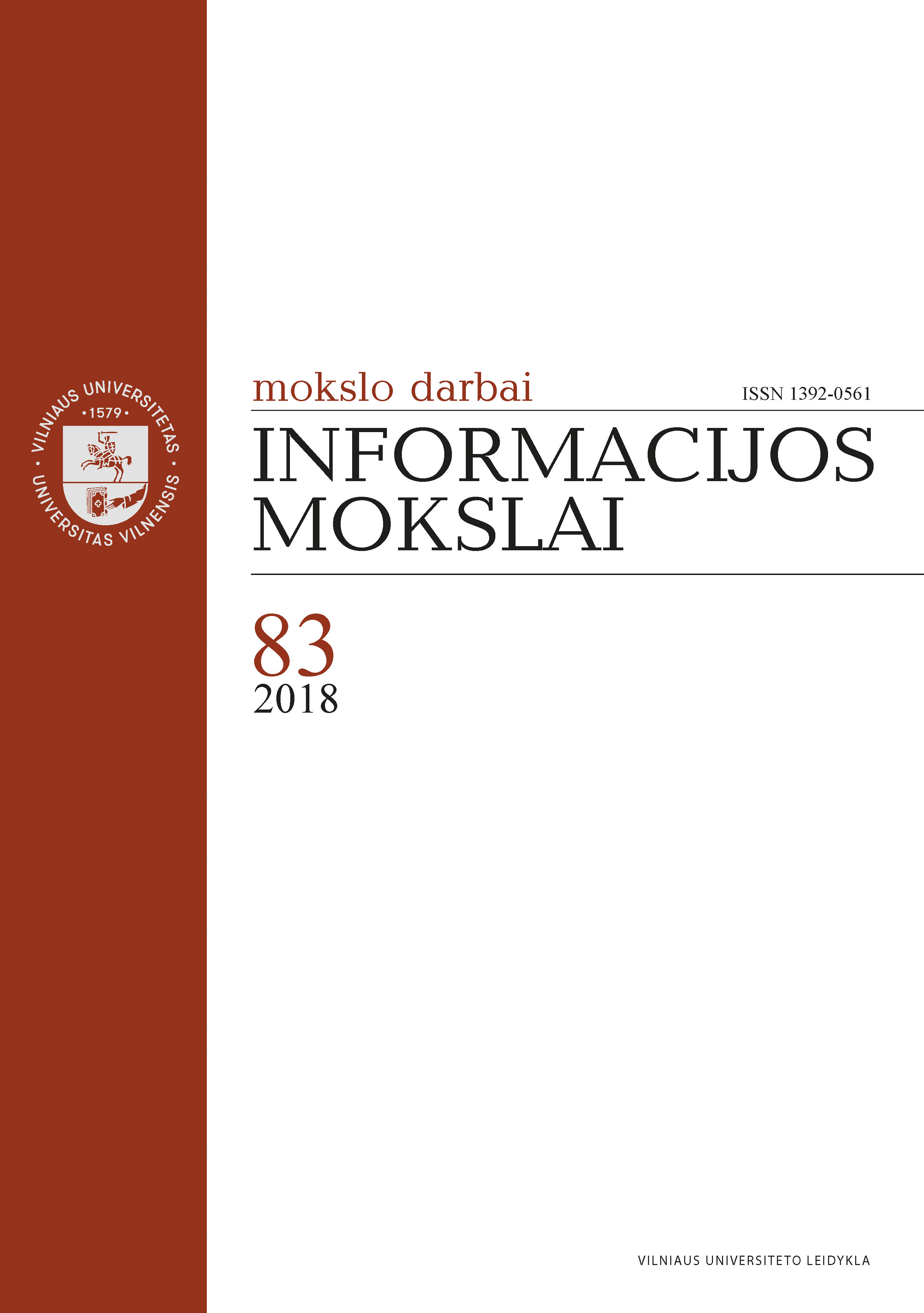Kontrolingo rūšių ir modelių vertinimas, kaip pagrindas kuriant veiksmingą informacinę kontrolingo sistemą įmonėje
An Evaluation of the Types and Models of Controlling as the Basis for Creating an Efficient Information Provision Controlling System in a Company
Author(s): Daiva TamulevičienėSubject(s): Business Economy / Management, Economic development
Published by: Vilniaus Universiteto Leidykla
Keywords: Controlling; types of controlling; models of controlling; information provision system;
Summary/Abstract: In order to solve issues of a company’s daily activities and predict further development directions in the current conditions of the ever-changing market environment, it is crucial for managers to have the right information at their disposal. Both the excessive information and the lack of it constitute the basis for inefficient or even disastrous decisions. Controlling is an efficient informative system that can provide managers with data needed for efficient management decisions. A properly designed controlling system can provide various information on all the areas of activity. Thus, when creating such a system, it is important to evaluate the possibilities of a controlling system, which are best revealed by a controlling system analysis and evaluation. The article analyzes the possibilities of information provided by a controlling system in terms of evaluating controlling types and models. Such an evaluation creates possibilities to perform a cross-cut analysis of the characteristics of the provided information and define what is the content and scope of information that managers receive from a controlling system. The article reveals that in the context of information provision for a company, strategic and operational controlling are to be considered the most significant ones. Strategic controlling provides information on how to do the right activity, whereas operational controlling – on how an activity can be done right. The goals of a company can be achieved only through both of them. Tactical controlling is what connects strategic controlling to operational controlling; its paradigm can be expressed through two questions: 1) how to do the right activity right? 2) what should be done when a wrong activity is being done or the activity is being done wrongly? Information provision for the answers to these questions would ensure a direct relation and feedback of strategic and operational controlling. After analyzing the typologization of controlling based on its origin, it was identified that the two main schools of controlling practice exist that led to the development of two different models of controlling: the Anglo-Saxon (American) and European (German). An exemplary controlling model adapted for Lithuanian companies was prepared after comparing the American and German controlling models and evaluating them on the basis of the scope of tasks, dominant orientation, the role of the controller, and the information base. On the basis of this adapted model, an individual information provision controlling system can be created for any Lithuanian company. This article analyzes other types of controlling as well, evaluation of which is important when creating an efficient system for controlling information provision in a particular company.
Journal: Informacijos mokslai
- Issue Year: 2018
- Issue No: 83
- Page Range: 52-70
- Page Count: 19
- Language: Lithuanian

